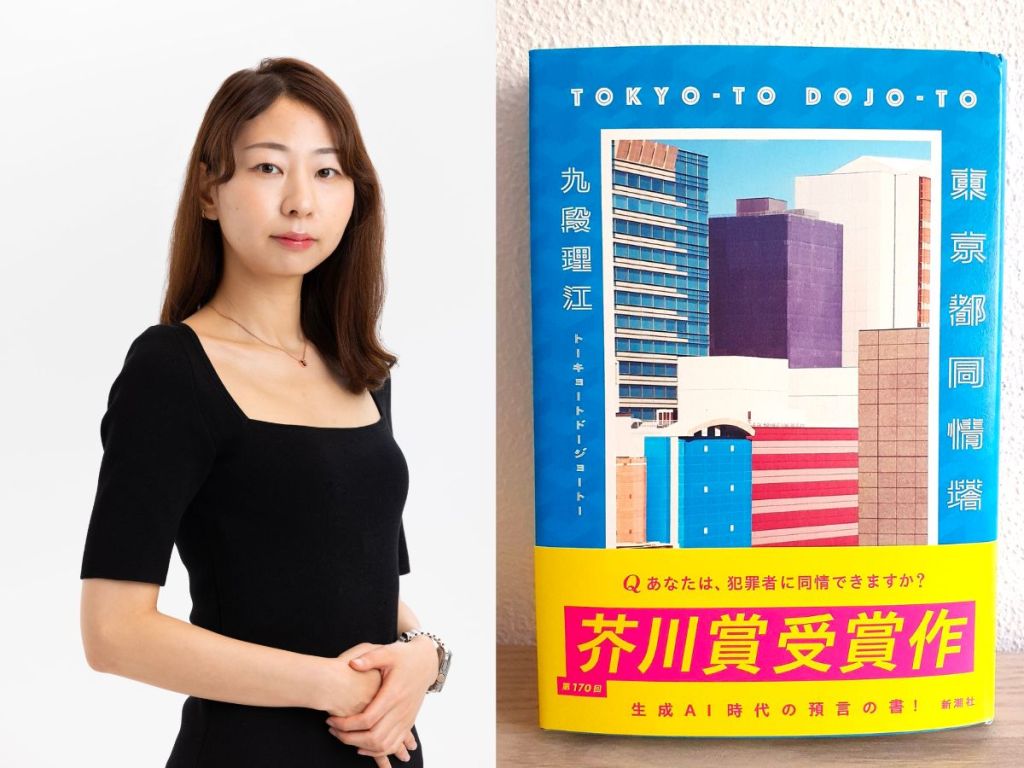A popular fiction author in Japan has admitted to using AI to assist her in writing her latest award-winning novel, stirring controversy in the country’s literary scene.
Early this year, 33-year-old Rie Kudan won the biannual 170th Akutagawa Prize for up-and-coming authors for her sci-fi novel, Tokyo Sympathy Tower.
According to Kyodo News, Rie Kudan revealed at a press conference that “around five percent of the book’s text was taken directly from generative AI.”
AI in creative writing
Tokyo Sympathy Tower depicts a futuristic Tokyo where generative AI proliferates. The main protagonist, after building a tower-like prison in Shinjuku City for inmates, embarks on a journey to understand the relationship between language and human emotions.
One scene in the text depicts a conversation with an ‘AI assistant’ that, according to Japanese news sources, is reminiscent of ChatGPT.
However, after the controversy, Kudan reassured that she did make some changes to the supposed AI-generated text: “… I made appropriate modifications to the story to not disrupt the text’s flow,” she said.
“When you read it back, the applicable text barely makes up a whole page, and I think my comments were overblown.”
The Akutagawa Prize is Japan’s most prestigious literary award for authors in the country. Past winners of the Prize include Rin Usama, Sayaka Murata, and Kikuko Tsumura. Authors who win the Prize are awarded one million yen (AU$10,400) and given a commemorative pocket watch.
“No issue”
While Kudan’s admittance to using AI attracted much debate and backlash on Japanese social media, literary experts in the scene seemed to come to her defence.
Novelist Shuichi Yoshida, who is part of the Akutagawa Prize’s selection panel, said that AI “may have been perceived as just another character in the story.”
Literary critic Akira Okawada told Japanese media that “many authors are already using AI to help them come up with ideas for themes or writing structures”. Thus, Rie Kudan’s use of AI in her writing has reinforced the idea.
Finally, Kudan herself expressed on social media that despite the backlash, AI has helped her unlock her creativity and potential in her work.





